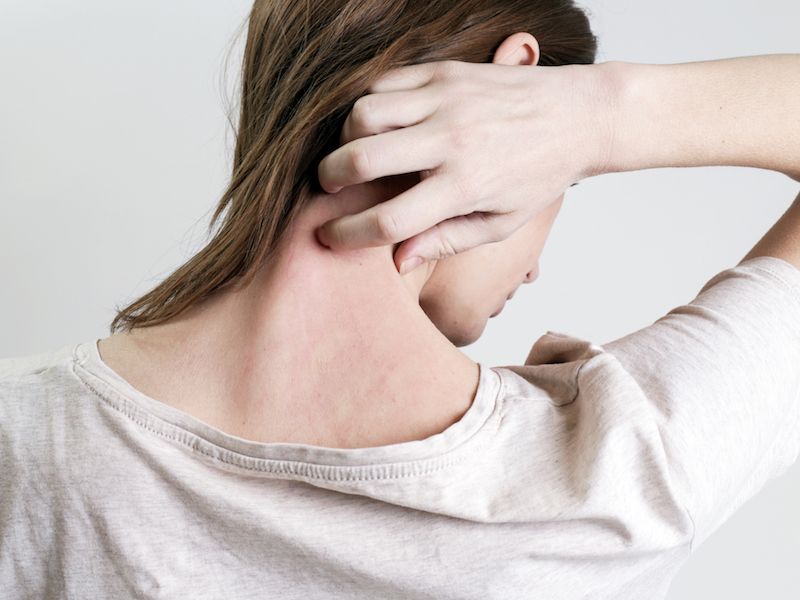
When you think about psoriasis, you likely recall all those commercials showing people with skin problems. Psoriasis impacts your general health and not just your skin. Psoriasis is frequently misunderstood and minimized, due to a lack of knowledge of how psoriasis impacts sufferers as well as the serious conditions that can be related to this disorder. Psoriasis causes reactions throughout the whole body despite the fact that skin plaques are the most recognizable sign: Chronic inflammation that can increase the danger of metabolic conditions and cardiovascular disease.
Psoriasis is also connected to another concern according to a different recent study: Hearing loss. Published in The Journal of Rheumatology, The link between mental health, hearing impairment, and psoriatic arthritis were evaluated in this research. Psoriatic arthritis has an affect on the joints, and is a form of psoriasis, causing soreness, difficulty with movement, and swelling. Affected individuals might also suffer from psoriasis, but with psoriatic arthritis, it’s conceivable to have inflammation without also having the common plaques.
Like rheumatoid arthritis (and like psoriasis), psoriatic arthritis is an autoimmune illness, the sufferer’s body is basically targeting its own healthy cells. But as opposed to rheumatoid arthritis, you could have psoriatic arthritis on only one knee due to the fact that it’s asymmetrical, and that besides joints, it commonly targets sufferer’s nails (causing painfully swollen fingers and toes) and eyes.
Based on the findings of this recent study, inflammation from psoriatic arthritis might also affect hearing. A large control group of individuals with neither psoriasis or psoriatic arthritis were compared to people who had one or the other condition. They found that hearing loss was more likely to be documented by the group that suffered from psoriasis, and audiometric screening backed up the self-reports. Even when controlling for other risk factors, psoriatic arthritis sufferers were significantly more likely to have hearing loss than either {the control group or psoriasis sufferers}.
But that’s not to say there’s no connection between psoriasis, psoriatic arthritis and hearing loss. A 2015 study found that there is a substantially higher danger, for people who have psoriasis, of developing sudden sensorineural hearing loss, otherwise known as sudden deafness. With sudden sensorineural hearing loss, sufferer’s ability to hear decreases substantially in three days or less. There are numerous potential causes for this, but scientists think that sudden psoriasis flare-ups could be the cause. If this happens in or around the cochlea, it could impair hearing. This form of hearing loss, in many situations, can be helped by treatments that relieve psoriasis., but hearing aids are often recommended when other interventions don’t seem to be working.
It’s important to monitor your hearing if you have psoriasis or psoriatic arthritis. Plan your annual healthcare appointment along with normal hearing tests. The inflammation from these diseases can lead to inner ear damage, which can lead to psoriasis and loss of balance. psoriatic arthritis and psoriasis are both also linked to depression and anxiety, both of which can be additionally exacerbated by loss of hearing. Other health issues, including dementia, can be the outcome if you don’t catch loss of hearing early.
With early intervention, you can keep ahead of the symptoms by having your hearing checked periodically and cooperating with your doctor, awareness is essential. You shouldn’t have to sacrifice your quality of life for psoriasis or for hearing loss, and all the difference is having the proper team by your side.
